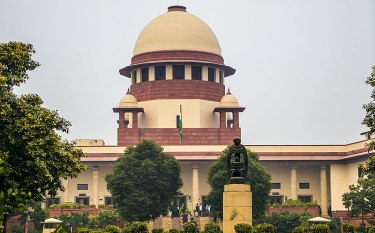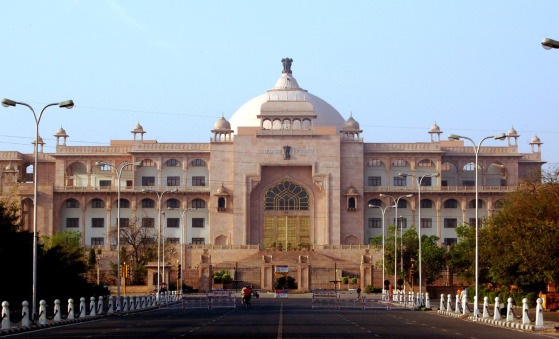
India’s Supreme Court directed various states to submit their responses to requests for stay on the religious conversion laws on Tuesday, September 16. While hearing the case Citizens for Justice And Peace Vs. State of Uttar Pradesh And Anr. WP(Crl) No. 428/2020, Chief Justice BR Gavai and Justice K Vinod Chandran heard cases that challenge laws in nine states: Uttar Pradesh, Madhya Pradesh, Himachal Pradesh, Uttarakhand, Chhattisgarh, Gujarat, Haryana, Jharkhand, and Karnataka.
Four weeks given for state responses
The court gave states four weeks to file their replies. The judges will hear the case again after six weeks.
Senior lawyer Chander Uday Singh, representing Citizens for Justice and Peace, urged the court to hear the matter quickly. He explained that states keep making these laws stricter. Singh pointed out that although authorities call these laws "Freedom of Religion Acts," they actually limit religious freedom for minorities and target interfaith marriages.
Singh told the court that Uttar Pradesh changed its law in 2024.
The state now requires a minimum twenty-year prison sentence for illegal religious conversion through marriage, which can extend to life imprisonment. The state also made bail conditions much tougher and now allows third parties to file complaints.
Singh described how vigilante groups harass people in interfaith marriages and those attending regular church services.
The lawyers informed the court that Gujarat High Court stopped certain parts of Gujarat's religious conversion law in 2021.
Madhya Pradesh High Court passed a similar order. Both states have now approached the Supreme Court to challenge these high court decisions.
The court told Additional Solicitor General KM Nataraj, who represents the states, to file responses to the stay requests. Several senior lawyers including Indira Jaising, Sanjay Hegde, MR Shamshad, and Sanjay Parikh appeared for groups opposing these laws.
The judges appointed advocates Srishti Agnihotri and Ruchira Goel to coordinate between the two sides and prepare case documents.
The court separated the Public Interest Litigation [PIL] filed by lawyer Ashwini Upadhyaya, who wants a nationwide law to make forced religious conversion a crime.
Background of the cases
The current challenge questions whether state laws that punish illegal religious conversions are valid. Former Chief Justice DY Chandrachud and Justice PS Narasimha first noticed this matter in January 2020.
Later, Jamiat Ulama-i-Hind asked the Supreme Court to transfer 21 similar cases from six different high courts to itself. Among these six high courts - Gujarat, Himachal Pradesh, Jharkhand, Karnataka, Madhya Pradesh, and Uttar Pradesh - two states Gujarat and Madhya Pradesh have received partial stays on their conversion laws from their respective high courts.




